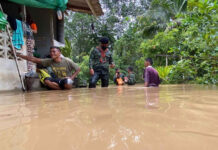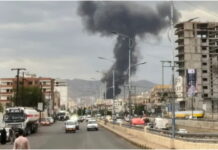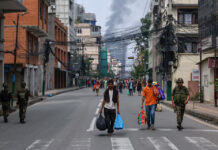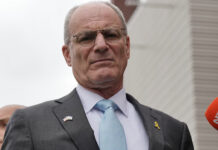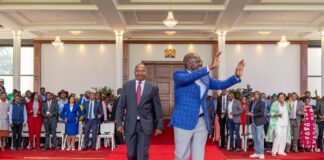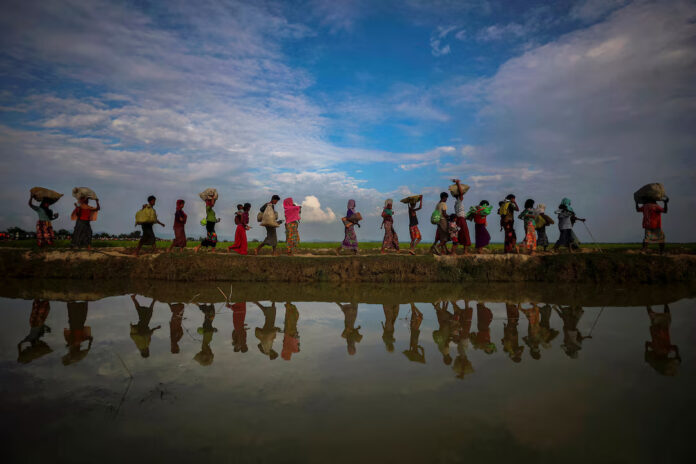
Bangladesh has no capacity to provide additional resources for the 1.3 million Rohingya refugees it hosts, Chief Adviser Muhammad Yunus said on Monday, calling on the international community to deliver a sustainable solution to one of the world’s most protracted humanitarian crises.
“Hosting the Rohingya has placed a tremendous burden on our economy, environment, and governance,” Yunus, the Nobel peace laureate who serves as Bangladesh’s de-facto prime minister, said in a speech. “We don’t foresee any scope whatsoever for further mobilisation of resources from domestic sources, given our numerous challenges.”
Half of Bangladesh’s Rohingya population are children. Most fled a brutal 2017 military crackdown in Myanmar’s Rakhine state that U.N. investigators described as a “textbook example of ethnic cleansing.” Over the past year, another 150,000 people have crossed the border as fighting intensifies between Myanmar’s junta forces and the ethnic Arakan Army.
Yunus urged world leaders to keep the crisis “alive on the global agenda” and push for a practical roadmap for the refugees’ safe return to Myanmar. “The Rohingya issue and its sustainable resolution must be kept alive … as they need our support until they return home,” he said.
His remarks coincided with the eighth anniversary of the mass exodus that turned the area around Cox’s Bazar into the world’s largest refugee settlement. Tens of thousands of refugees staged rallies in the camps on Monday, carrying banners reading “No more refugee life,” “Stop genocide,” and “Repatriation the ultimate solution.”
Conditions in the camps remain dire, with families packed into bamboo shelters, schools shuttered, international aid dwindling, and little hope of repatriation. Previous attempts in 2018 and 2019 to start the return process collapsed after refugees refused to go back, fearing persecution.
Myanmar’s military maintains its actions were a legitimate counter-terrorism response to insurgent attacks, not a campaign of ethnic cleansing, a claim widely rejected by human rights groups.
Written By Rodney Mbua








